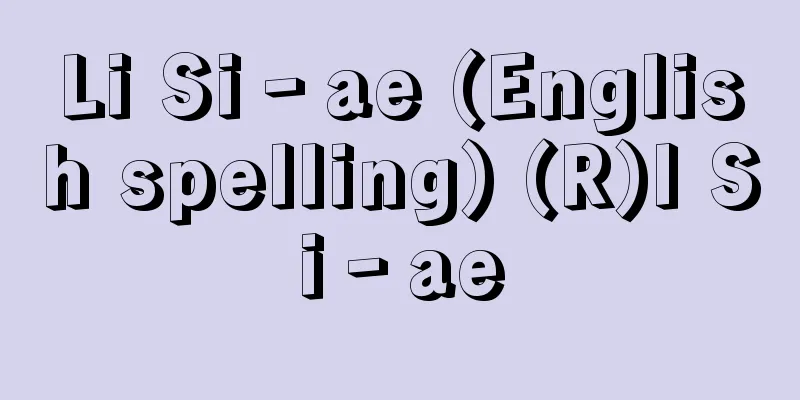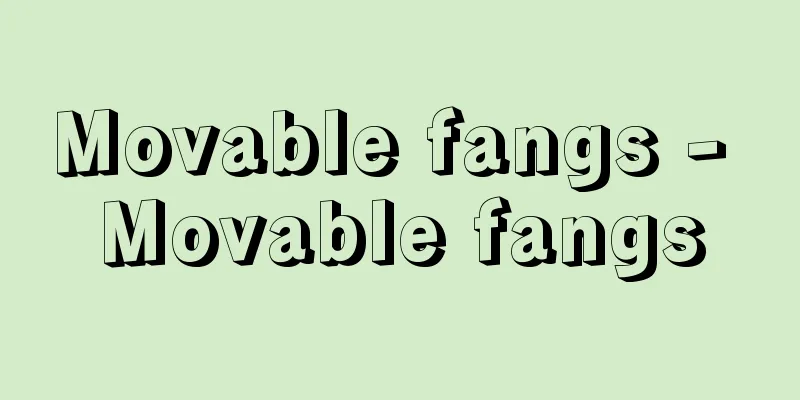Original - Honke

〘noun〙① The family line that is the main source. The family line that is the center of a clan. The family origin. The head family. Also, the most important source. ※Kowaka/Tsukishima (late Muromachi period - early modern period) "A member of the main family came down from the capital." ② The family to which a person who branched off from a family line belonged as a member of the family before the branch was created. Also, the family to which a person who branched off from a family line belonged as a servant before the branch was created. Main family. ※Ninjyohon/Shuniro Umeji Homomi (1832-33), first edition "Because there were no relatives, the main branch was only supported by Kihei, who skillfully tried to please the main family." [Book of the Later Han - Biography of King Chang of Liang] ③ The home of one's wife's parents. Local. ※Utsubo (around 970-999) Fujiwara no Kimi: "The main hall, corridors, connecting halls, storehouses, wooden buildings, etc., were constructed from cypress bark in the same manner as the original palace." ④ = Honjo (main place) (1) ①※Sankoku Chishi - March 27, 1053, Tenki 1, Official Proclamation 1: " Even so, the official decrees were still in place , and the prestige of each main family was still maintained, and those who dared not lower their national affairs were superior ." ⑤ In the Edo period, the word "honjo" was used to refer to the family of a descendant of a certain samurai family who was given a share of a fief or who established a family by receiving a separate fief from the shogunate. [Shoreishu - 6, January 20, 1849, Kaei 2, Methods for Singing the Main and Subordinate Families (Koji Ruien, Politics 64)] ⑥ For those who worked with contractors and artisans, it was the main family. ⑦ The family of the home country. ※Konjaku (around 1120) 1 "Each person put on fine clothes, mounted elephants and horses and left the borders of the Kapila country, then took off their precious clothes and took their elephants and horses with them to the upali and returned them to their main families." ⑧ An abbreviation of "Honkejaya (Main Teahouse)."Hoke [Original]Hon-ie ...ihe [Main family]Source: The Selected Edition of the Japanese Language Dictionary About the Selected Edition of the Japanese Language Dictionary Information |
〘名〙① おおもとになる家筋。一族の中心になる家筋。いえもと。宗家。また、一番のおおもと。※幸若・築島(室町末‐近世初)「都より本家の一族下向あって」② 分家した者が、分家以前まで、その家族として属していた家。また、別家した者が、別家以前まで、奉公人として属していた家。おもや。※人情本・春色梅児誉美(1832‐33)初「親類縁者あらぬゆゑ、只本店の持同前、その本家(ホンケ)へは彼鬼兵衛が如才なく機嫌をとり」 〔後漢書‐梁節王暢伝〕③ 妻の親の家。里方。※宇津保(970‐999頃)藤原の君「檜皮の大殿、廊、渡殿、蔵、板屋など、〈略〉本けの御れうに造らせ給ふ」④ =ほんじょ(本所)(一)①※三国地志‐天喜元年(1053)三月二七日・官宣旨案一「雖レ被レ下二官符一、猶張二各本家之威勢一、敢無下叶二国務一之輩上」⑤ 江戸時代、武家で、ある家の子孫で知行を分けてもらったり、また、幕府から別の知行をもらって一家を立てた者から、そのもとの家をいう。〔諸例集‐六・嘉永二年(1849)正月二〇日・極本家・末家唱方法(古事類苑・政治六四)〕⑥ 出入りの仕事師、職人などにとって、その主家。⑦ 本国の家。※今昔(1120頃か)一「各善き衣服を着、象馬に乗じて迦毗羅国の境を出て、宝の衣を脱ぎ象馬等を以て、優婆離に付て、各本家へ返す」⑧ 「ほんけぢゃや(本家茶屋)」の略。
ほ‐け【本家】ほん‐いえ ‥いへ【本家】出典 精選版 日本国語大辞典精選版 日本国語大辞典について 情報 |
Recommend
OHKI CO., LTD.
Official company name is "Ohki Co., Ltd."...
Sagami Railway - Sagami Railway
A private railway company established in 1917. In ...
Hard giraffe - Hard giraffe
…In Japan, it is found along the Pacific coast fr...
Interest - Risoku
Money or other fungibles (principal) paid at a fi...
Penetration - Shinto
When a pure solvent and a solution (or a dilute s...
StG44 - STAGE G44
…During World War II, most of the rifles used by ...
New Palace of Westminster
…The Palace of Westminster, which had been the se...
Penetrant testing
A type of non-destructive testing. A colored liqui...
Coreus marginatus orientalis (English spelling) Coreus marginatus orientalis
...There are about 1,800 species in the world, an...
Tomoyuki Yamashita
Born: November 8, 1885 in Kochi [Died] February 23...
Flower Boar - Kacho
…(6)Chinese: A general term for breeds native to ...
Geneva
…the name of the canton (state) and its capital c...
Muslim - Huihuikyo
〘Noun〙 (Huihui is from Chinese) = Islam (━religion...
Akibadera Temple
A Soto Zen temple in Ryoke , Haruno-cho, Hamamatsu...
Commercial registration - Shogyo Touki
Registration in the commercial register based on ...





![Takasago [city] - Takasago](/upload/images/67cc1cf871241.webp)



